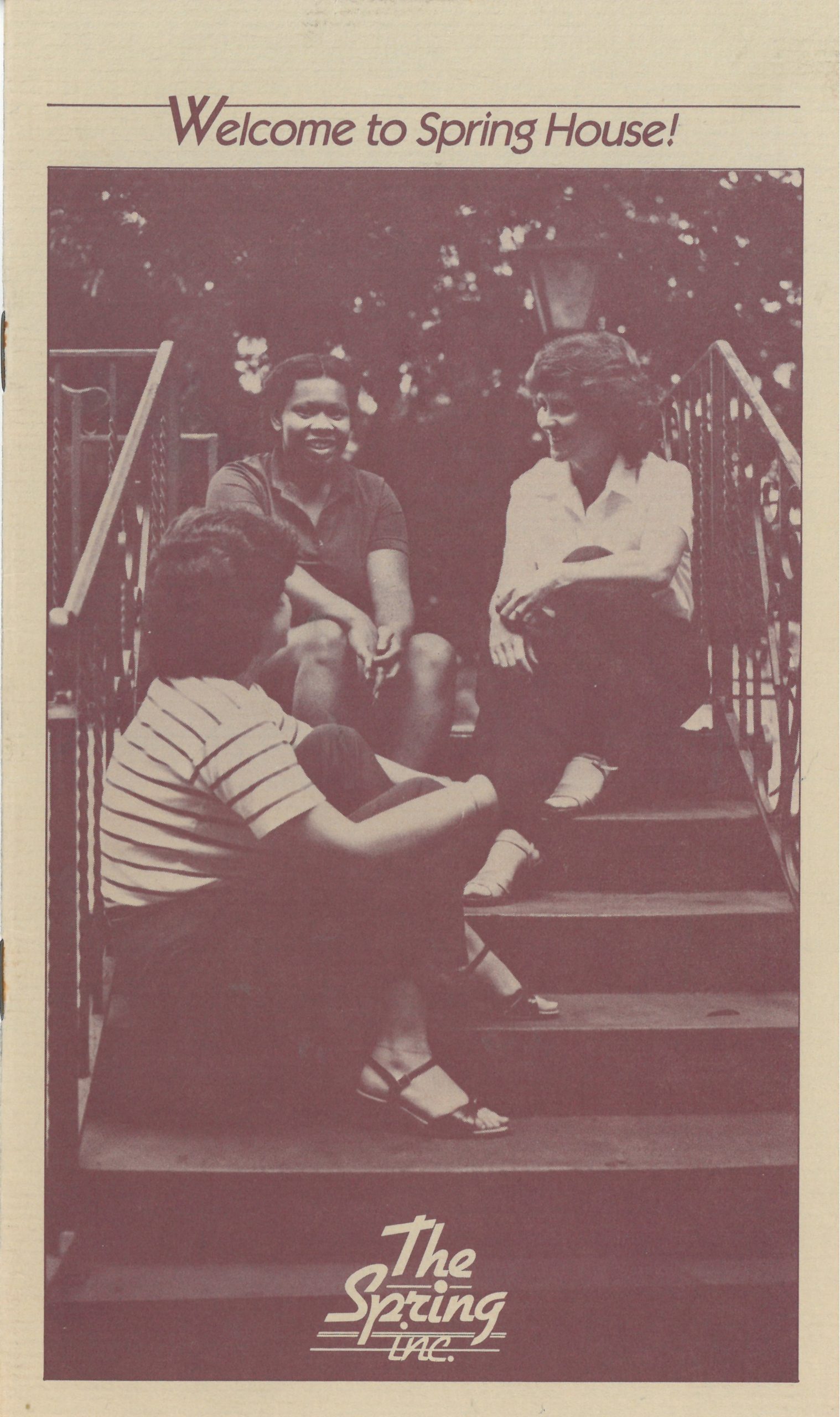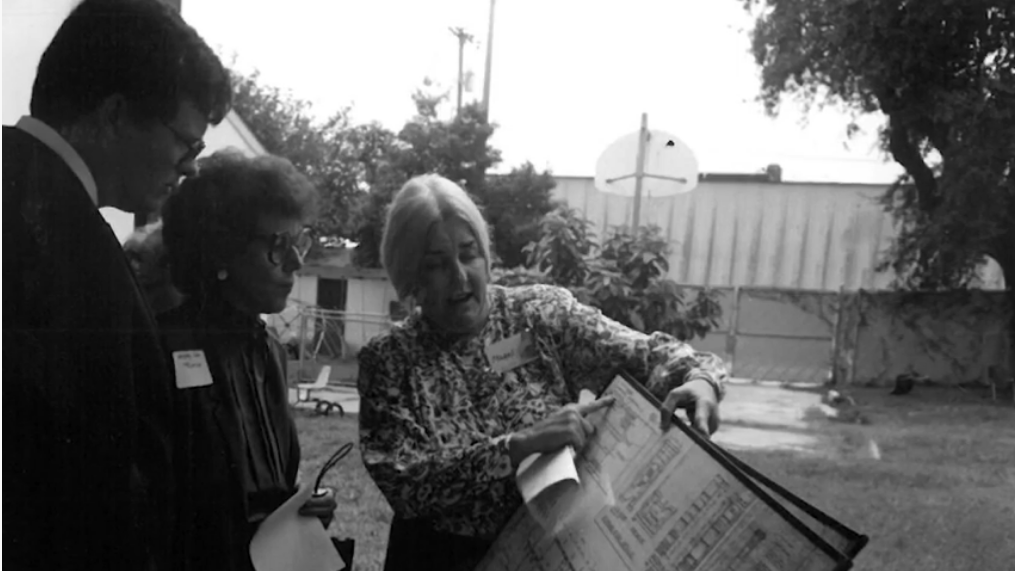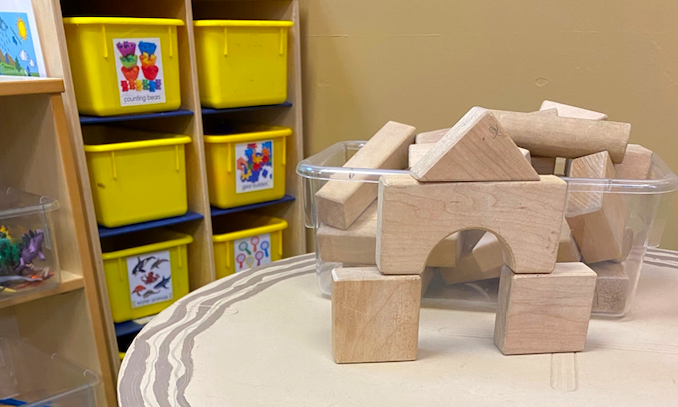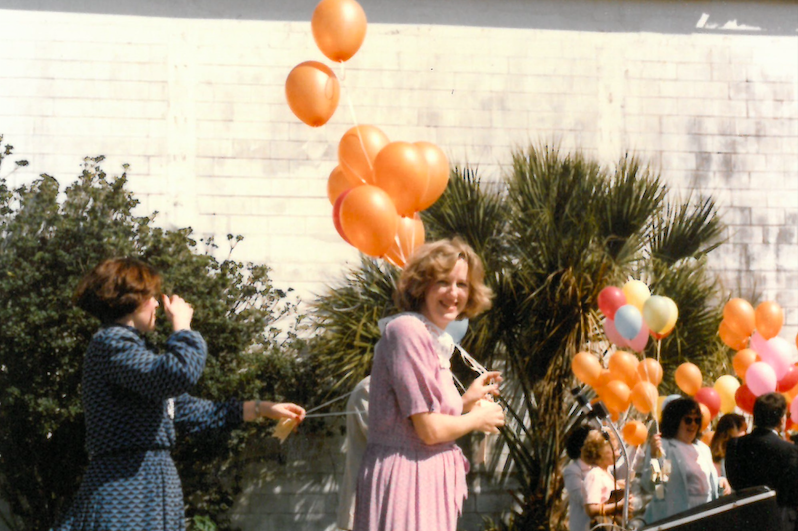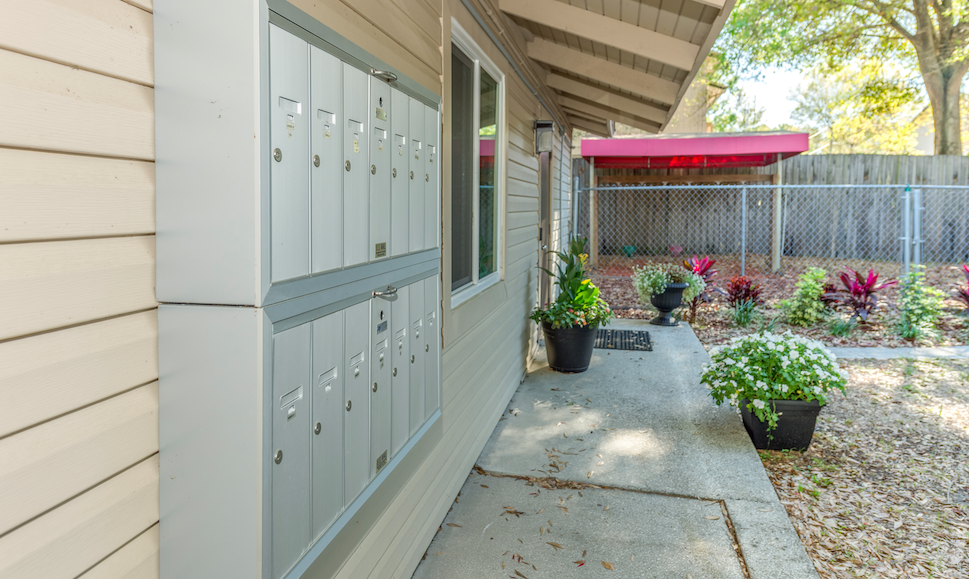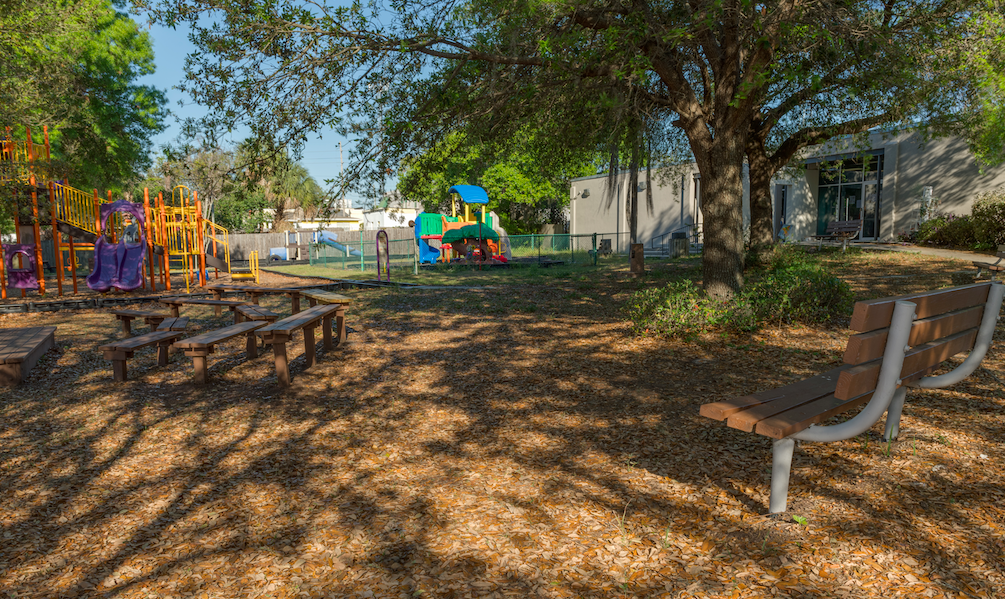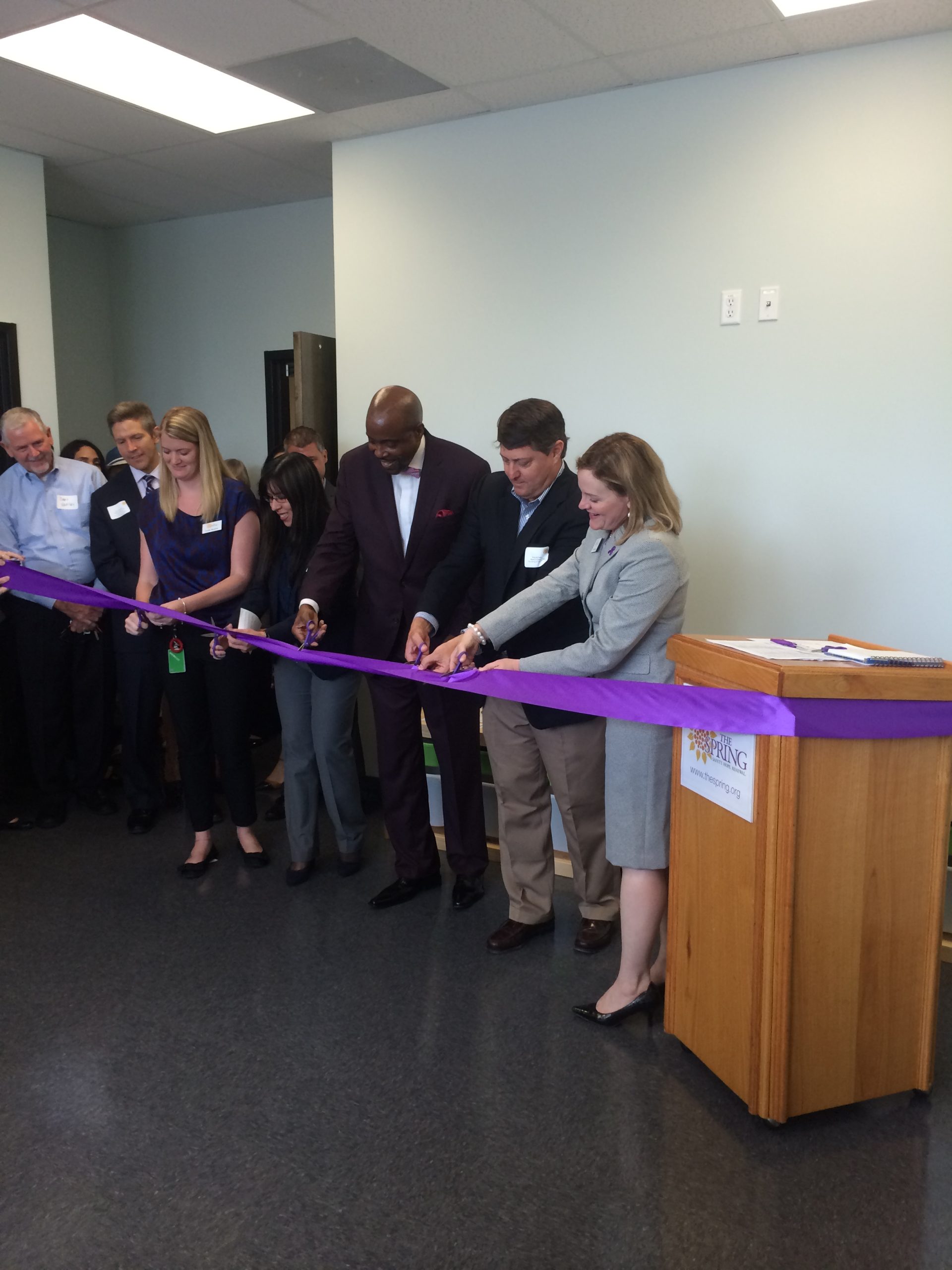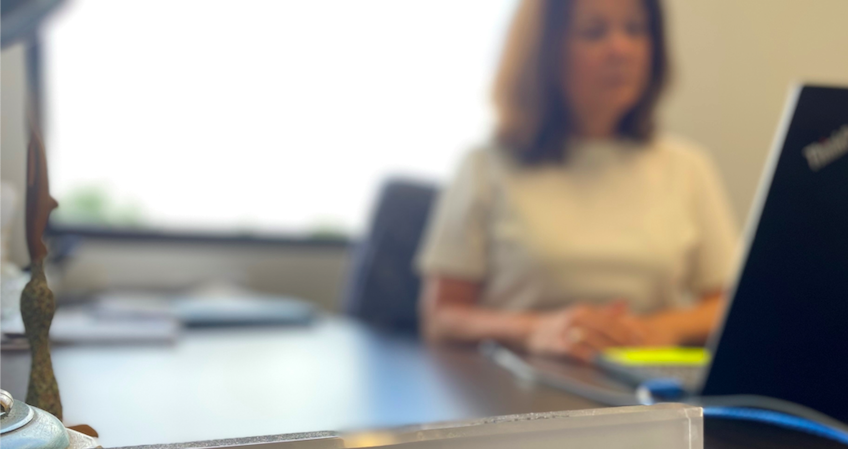Four Decades
For over four decades, The Spring of Tampa Bay has been a leader in our community. We have been at the forefront of creating change and educating our community while protecting survivors of domestic violence. We won’t stop until the abuse stops.
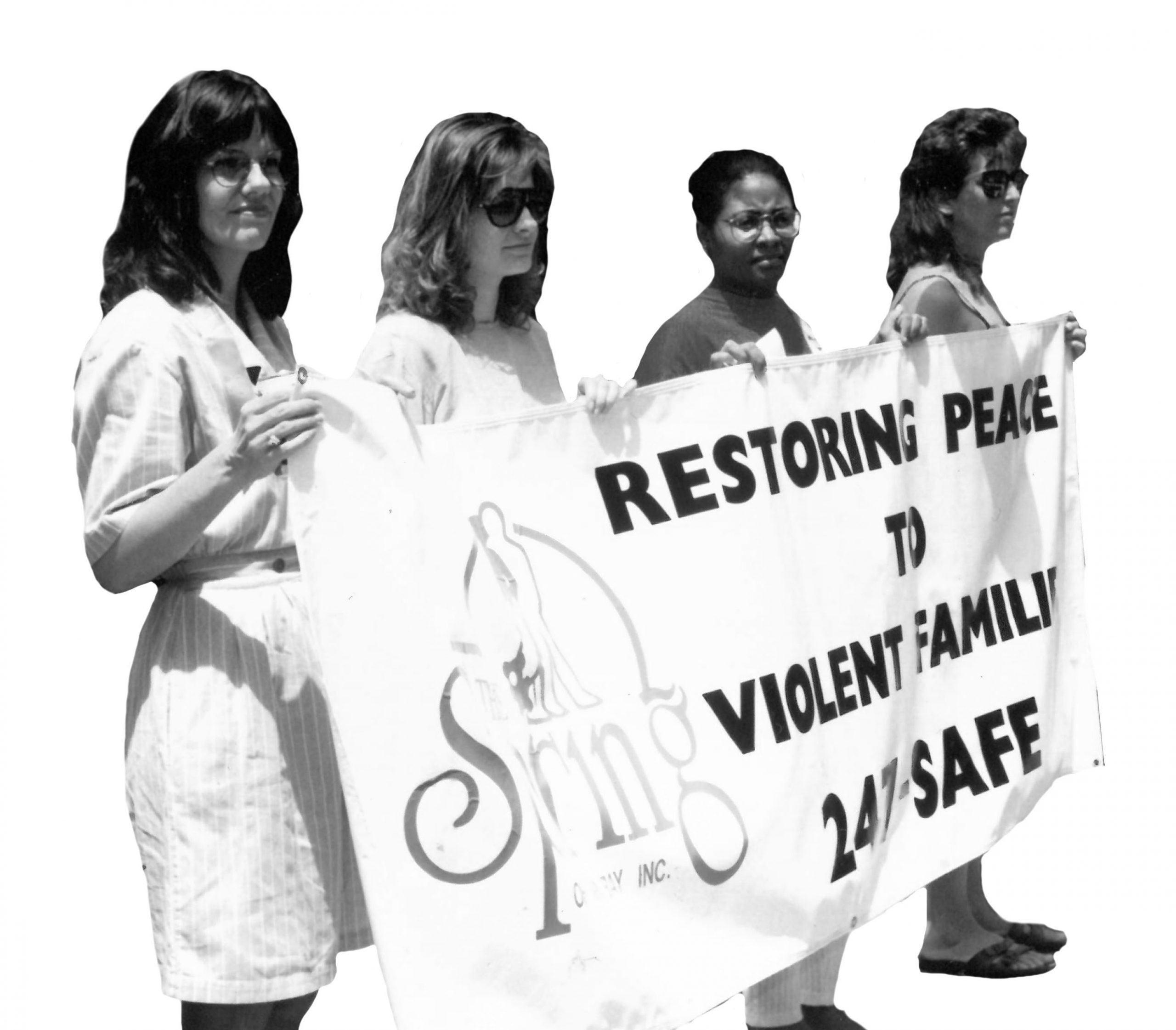
Our Story
Founded by four trailblazing women, The Spring began when one of the women opened a spare bedroom in her Tampa home as a safe haven for a friend who needed to escape an abusive relationship. Word quickly spread and more women came forward needing shelter. Soon this network of community members quickly outgrew their capacity to shelter the abused inside their own homes. And in 1984, our first shelter was built, with only four bedrooms. Today, The Spring has grown to be one of the largest domestic violence shelters in the state of Florida with 128-beds in our emergency shelter.
Take a look at how The Spring has evolved over the last four decades.
1977
Dorothy Gittings, Pat Gonzalez, Skippy King, Cathie Lundin and others help shelter their first “battered wife” in 1976, leading to the incorporation of The Spring in November 1977 with Pat Gonzalez as our first Executive Director in a small, rented bungalow near MacDill. Services include temporary shelter and a 24/7 crisis and referral hotline.
1983
Judge Don Castor, with help from other members of The Spring’s board, recruits Mabel Bexley to be our second Executive Director in January 1983. According to the St Petersburg Times, during her 18-year tenure Mabel “transformed The Spring of Tampa Bay domestic violence shelter from a shabby single-family house with three staffers into a campus with a $4-million budget and more than 100 names on the payroll.”
1993
After a decade of using temporary apartments leased to us, The Spring purchases a housing complex in the USF area and repurposes it into transitional housing. Now called Peace Village, at any given time our permanent housing offers 12 survivors (and their kids/dependents) safe, secure apartments as they rebuild their lives after abuse.
2007
The Spring launches a Family Justice Center (FJC) in Hillsborough County that becomes a separately incorporated nonprofit. As a partner, The Spring provides most of the non-residential case management services for domestic violence survivors onsite at the FJC. When the FJC closed in August 2013, The Spring makes plans for a new Outreach Services Center.
2009
The Spring helps pilot the InVEST and DV/Child Welfare programs that eventually roll out statewide. Partnering with law enforcement and child welfare, Spring advocates are embedded with these system partners to better identify victims at high risk of being murdered by their abusers, and to help bridge the gap between child welfare and domestic violence service providers.
2015
The Spring expands again, opening Nunnally Farrior House (NFH) on July 7, 2015 to increase shelter bed capacity to 128 beds. The first floor of NFH adds additional programming space for adults and kids. In August 2017, we also complete a renovation of parts of the original shelter, including a redesign of the first-floor family hallway bedrooms where survivors live with their children.
2017
The Spring launches its Injunction for Protection Project with two attorneys. In 2021 we rename our program The Spring Legal Services. We currently employ seven attorneys fulltime providing legal assistance and representation in injunctions for protection and dependency matters to over 1,600 survivors annually. In 2023 we added one attorney to serve Marion County (Ocala) and in 2024 we added one attorney to serve Northwest Florida between Panama City and Lake City.
Our Priorities
The Spring’s mission is to prevent domestic violence, protect victims, and promote change in lives, families and communities. We want you to know You Are Not Alone. We are here every day for survivors of domestic violence looking to rebuild their lives.
Prevention
We educate youth and adults with the goal of stopping domestic and dating violence before it starts
Safety
We offer physically and emotionally safe spaces where healing can begin
Empowerment
We help survivors regain control of their circumstances and achieve their own goals
Advocacy
We represent survivors and connect them with resources that lead to independence and restore hope
Stability
We facilitate programs which create immediate stability like housing, and stability over time like economic justice
